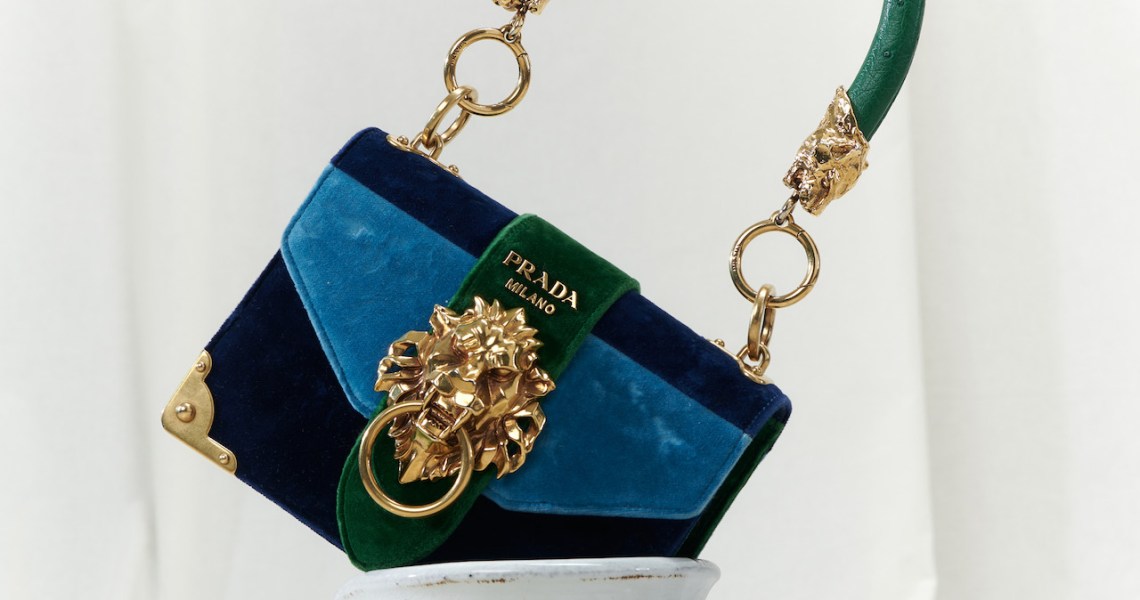Fashion resale often gets lumped in with fashion rental in discussions of how the market is changing, particularly since they both represent departures from the standard models of fashion consumption. But as the coronavirus pandemic has worn on, the two are becoming increasingly delineated. While rental is suffering resale is gaining major traction both from investors and brands.
On the heels of a a $15 million funding round announced on Thursday, Charles Gorra, founder and CEO of luxury handbag platform Rebag, said the conversations with investors have changed.
“A few years ago, a lot of the conversations were about growth, how fast we can grow and what the contingency plans are,” Gorra said. “But things are different now. There are a lot more questions about profitability and long-term viability.
British private equity firm Novator, which led the round, is a longtime investor of Rebag and invests in other e-commerce platforms like Stripe. Novator partner Birgir Ragnarsson said he’s intrigued by the “tremendous growth potential of the resale market.”
In mid-April, resale platform Vestiaire Collective closed a $64 million funding round from investors including Vaultier7, which has invested in beauty brand Gisou, and Fidelity International. Clara Chappaz, chief growth officer at Vestiaire Collective, said the company has also seen increased interest from brands wanting to partner.
“Brands are more engaged in conversations with us and interested in exploring creative ways to work with resale platforms, as they see consumers increasingly concerned with sustainability issues in the industry,” Chappaz said. “Millennials and Gen Z, especially, are disrupting the industry and placing greater importance on the social and environmental impact of their purchases than previous generations.”
Having a strong young consumers base is good for long-term growth, which is in turn good for bringing in investors, Gorra said. Chappaz said resale is increasingly popular with younger consumers with limited income, pointing to a study that Vestiaire Collective released with Boston Consulting Group last year, which found that 71% of second-hand buyers bought items from brands they couldn’t afford normally, and 32% said they primarily sell through resale platforms in order to fund more purchases.
The RealReal, despite being hit hard by coronavirus and being forced to furlough staff, is also seeing strong confidence from investors. Even with a 40% drop in merchandising volume in early April, according to the company’s first quarter earnings, the company’s stock remained on a steady upswing and even saw a notable jump of more than 8% in an early May earnings call when The RealReal CEO Julie Wainwright revealed that sales had returned to pre-coronavirus levels.
It helps that most of these resale platforms operate primarily online, insulating them from the worst of retail’s struggles with sky-high brick-and-mortar rents.
According to Gorra, investors are attracted to resale for several reasons: Inventory risks aren’t as high, since products aren’t restricted to seasons like they are at traditional retailers, plus the changes to fashion consumption habits brought about by coronavirus favor resale’s particular traits.
“There is an argument to be made that this is going to intensify the move toward resale,” Gorra said. “The circumstances will create a lot of new buyers, even on the high end of luxury, who want the same brands at a reduced price, and people seeking liquidity will begin selling more. And the more product that comes into the resale ecosystem, the better it is for all of resale. So I think the value proposition there is going to become even more important going forward.”




